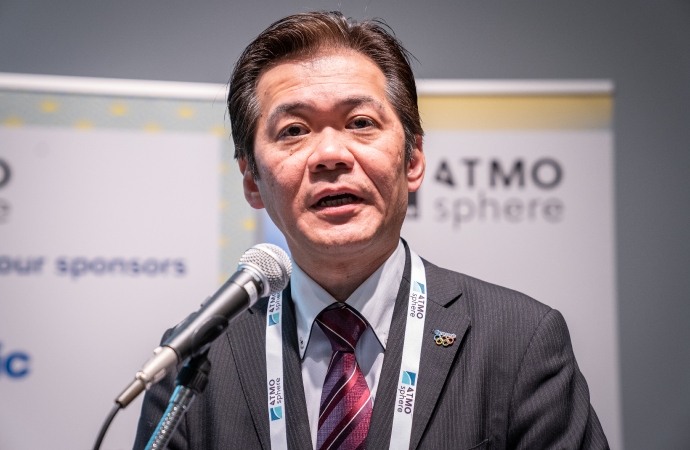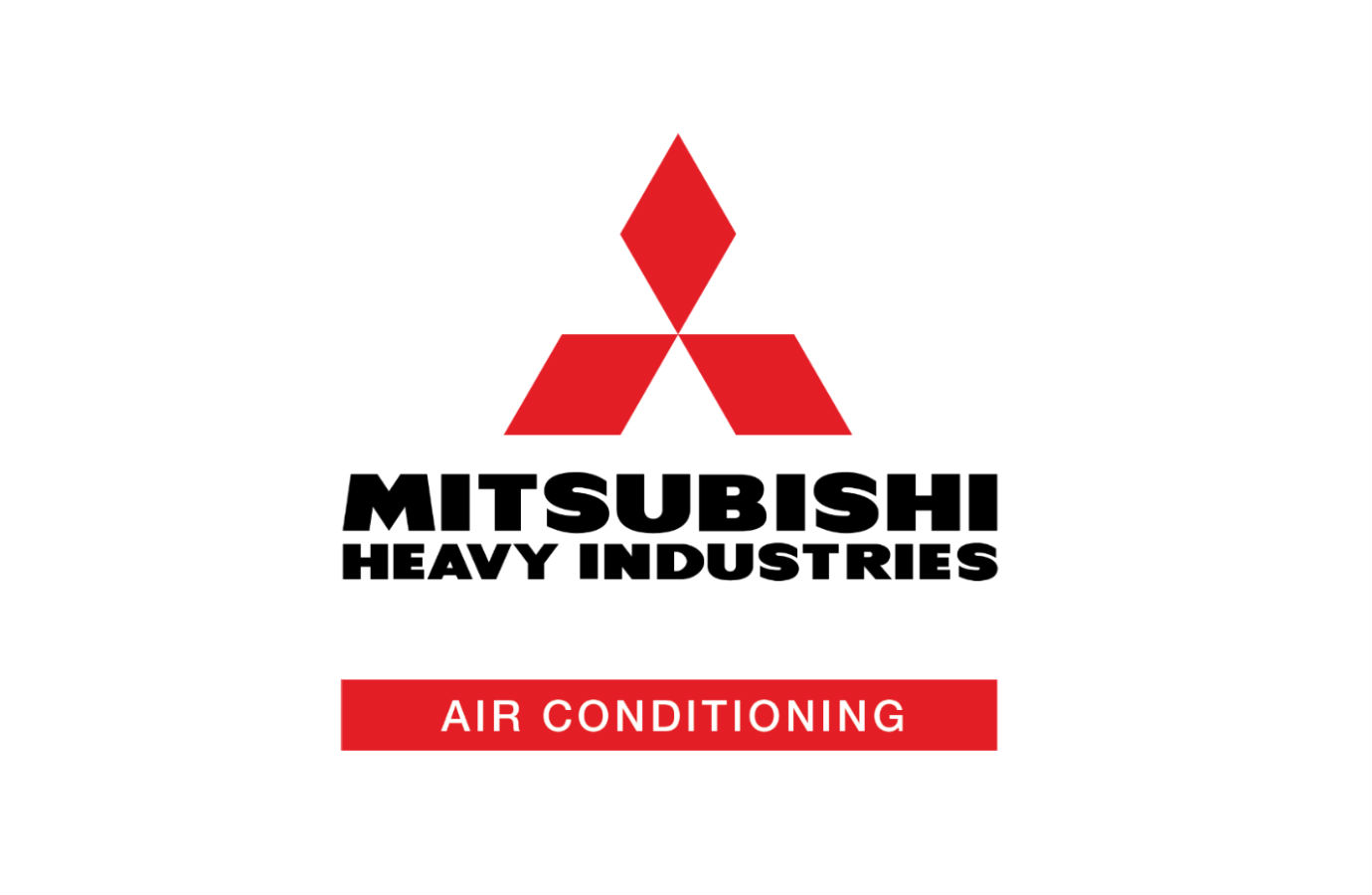Japan-based food manufacturer Ajinomoto Frozen Foods aims to phase out HCFCs and HFCs from its entire business.

Tomomitsu Yamasaki, executive officer, Ajinomoto Frozen Foods Co., Inc., speaks at ATMO Japan 2019.
Ajinomoto Frozen Foods, a major Japan-based food manufacturer, is aiming to phase out the use of all HCFCs and HFCs in its frozen food business in Japan and overseas, heard participants at the ATMOsphere Japan conference on natural refrigerants, held on 12 February 2019 in Tokyo.
"Last year, Ajinomoto Group as a whole made it a policy to phase out all HFC and HCFC refrigerants going forward," Tomomitsu Yamasaki, executive officer at Ajinomoto Frozen Foods Co., Inc., told the event, held at the Shinagawa conference centre.
Ajinomoto was presenting at the annual ATMOsphere Japan conference for the first time.
"HCFCs will be phased out completely by 2020 and HFCs will be phased out completely by 2030," Yamasaki said.
He said that the company would only consider natural refrigerant or alternative ultra low GWP-based (less than 150) refrigerants for new or renovated equipment from now on.
Since 2001, the company has been installing NH3 and NH3/CO2 cascade systems supplied by Mayekawa, in order to phase out the use of HCFCs in frozen food production and storage facilities.
Recently, Ajinomoto has also been testing transcritical CO2 systems from other Japanese suppliers such as Nihon Netsugen Systems and Mitsubishi Heavy Industries.
HCFCs will be phased out completely by 2020 and HFCs will be phased out completely by 2030."
— Tomomitsu Yamasaki, executive officer, Ajinomoto Frozen Foods
Yamasaki cited employee safety as one its main drivers to begin installing NH3/CO2 cascade systems.
"We think that employee safety is a priority," said Yamasaki.
"So we have reduced the amount of ammonia used gradually in phases. We try not to introduce ammonia in places where employees work."
Yamasaki cited energy savings as a key benefit of moving away from using HCFCs.
"We have achieved a 20-30% reduction of electric power consumption with NH3/CO2 systems compared to our former fluorocarbon systems," the presentation stated.
One of the remaining challenges, Yamasaki said, is the high initial cost of the systems.
"The initial cost of the natural refrigerant systems is approximately 20-30% higher than fluorocarbon systems," the presentation stated.
Yamasaki said a more flexible schedule to apply for the subsidies and a more competitive market between original equipment suppliers could help end users in this area. (See Ajinomoto Frozen Foods' presentation here.)
Best-in-Sector Industrial
Ajinomoto Frozen Foods' efforts to adopt natural refrigerants were recognised at ATMOsphere Japan with an Accelerate Japan award for 'Best-in-Sector: Industrial'. The award was granted by shecco – publisher of this website, host of ATMOsphere conferences, and publisher of Accelerate magazines.

Ajinomoto Frozen Foods is a division of the Japanese multinational Ajinomoto Co., Inc. — a food and amino science corporation best known for creating the original monosodium glutamate (MSG) product branded 'AJI-NO-MOTO'.
Related stories




